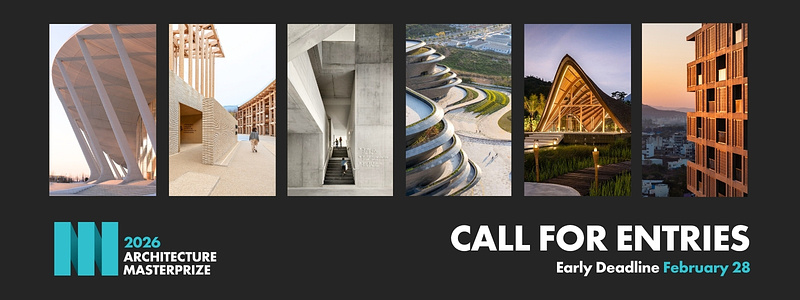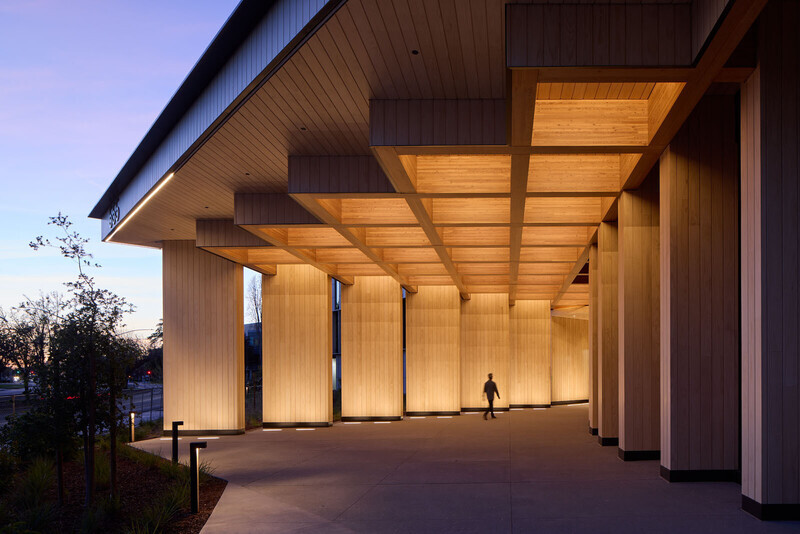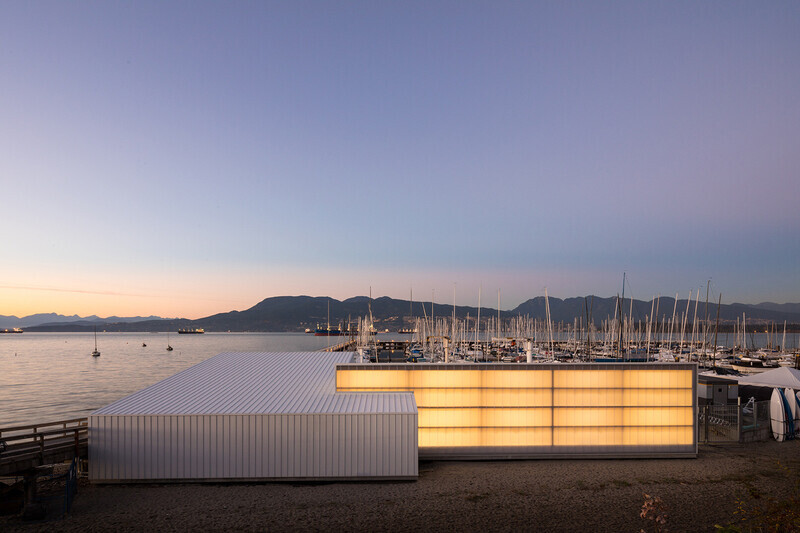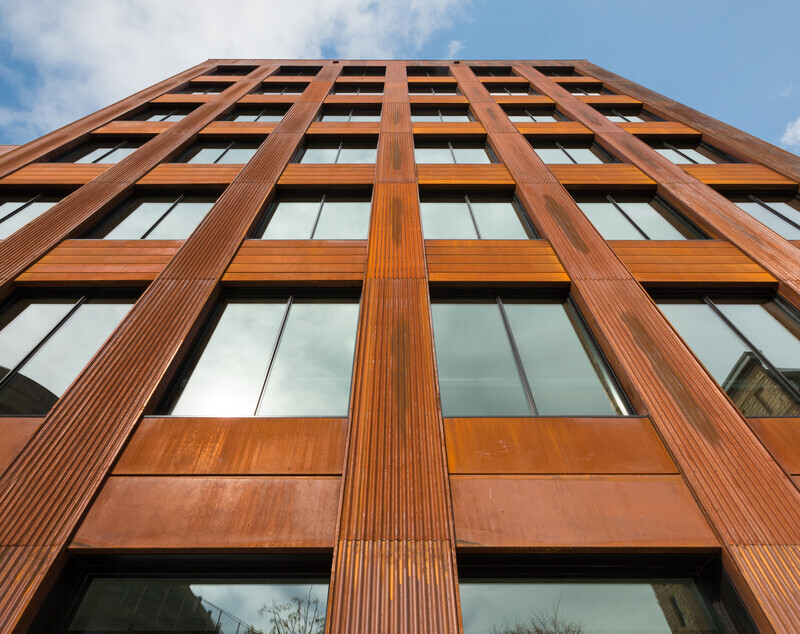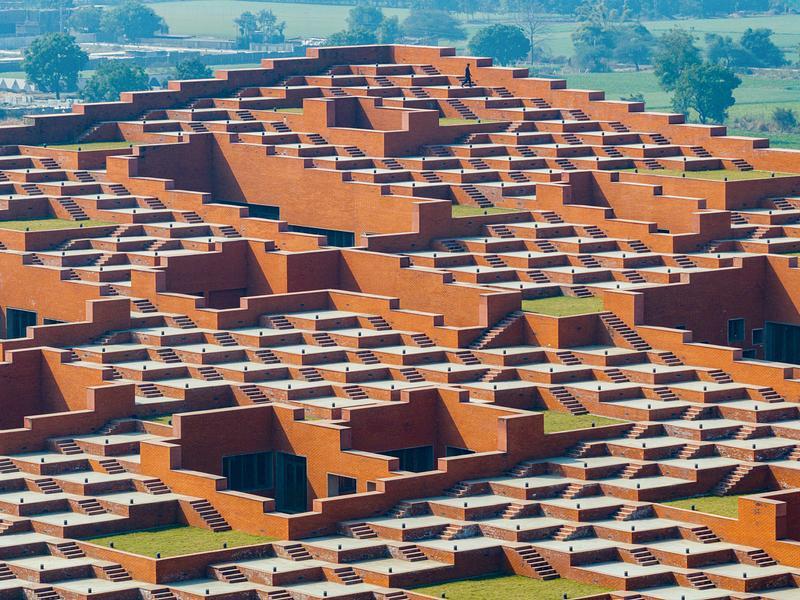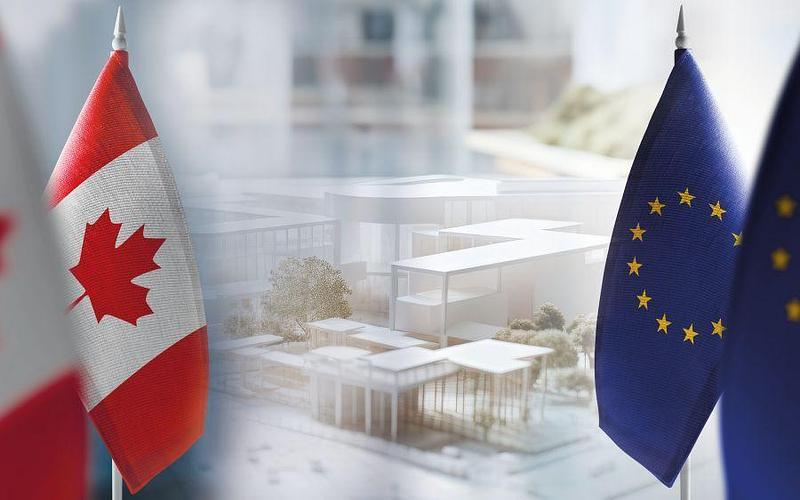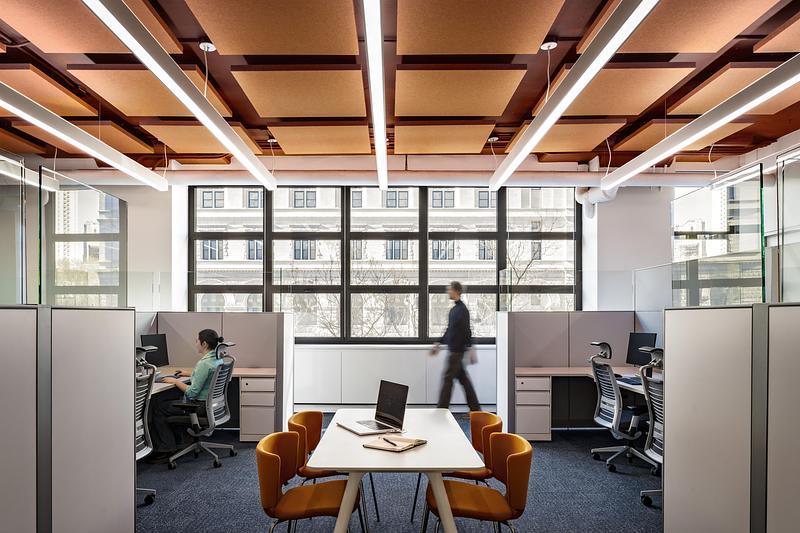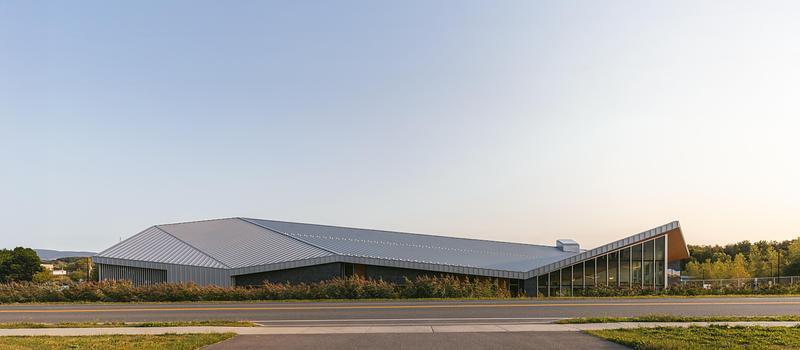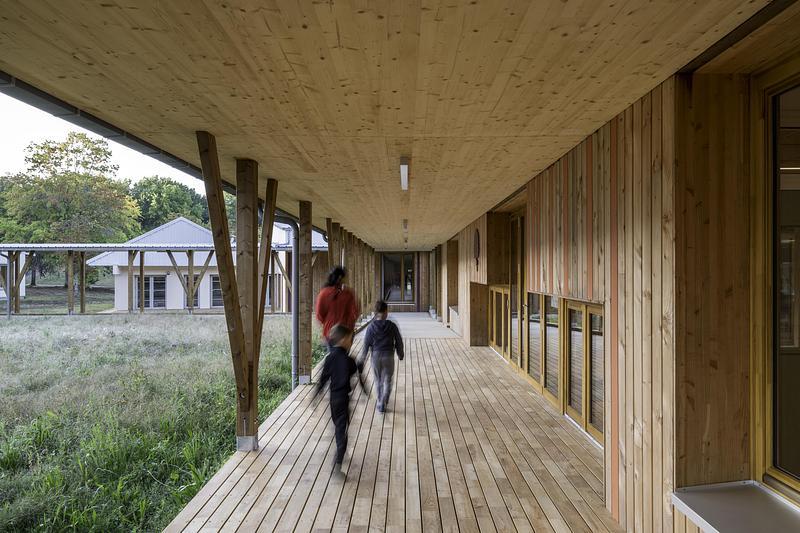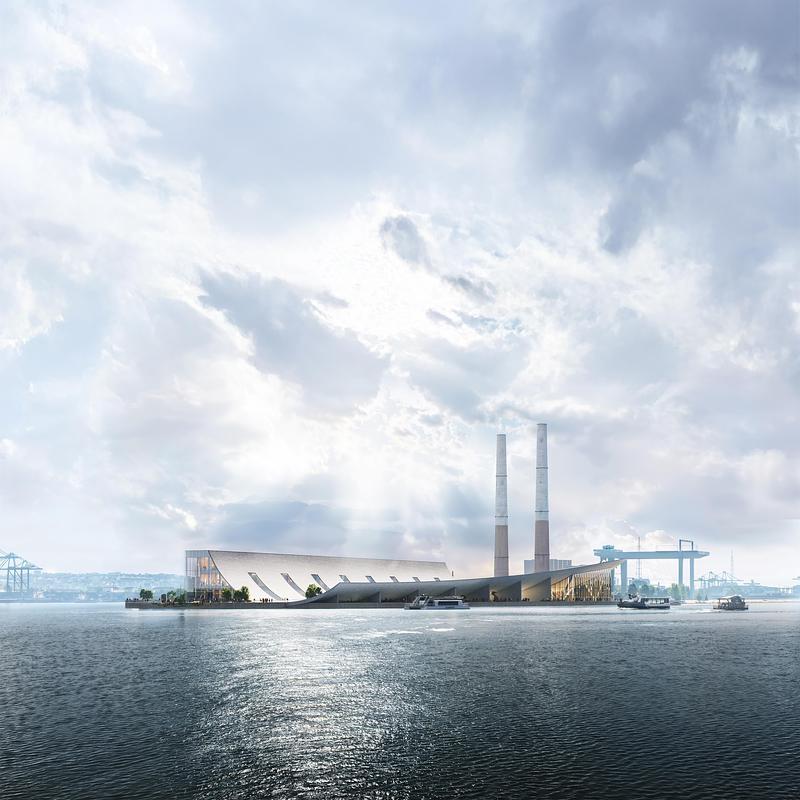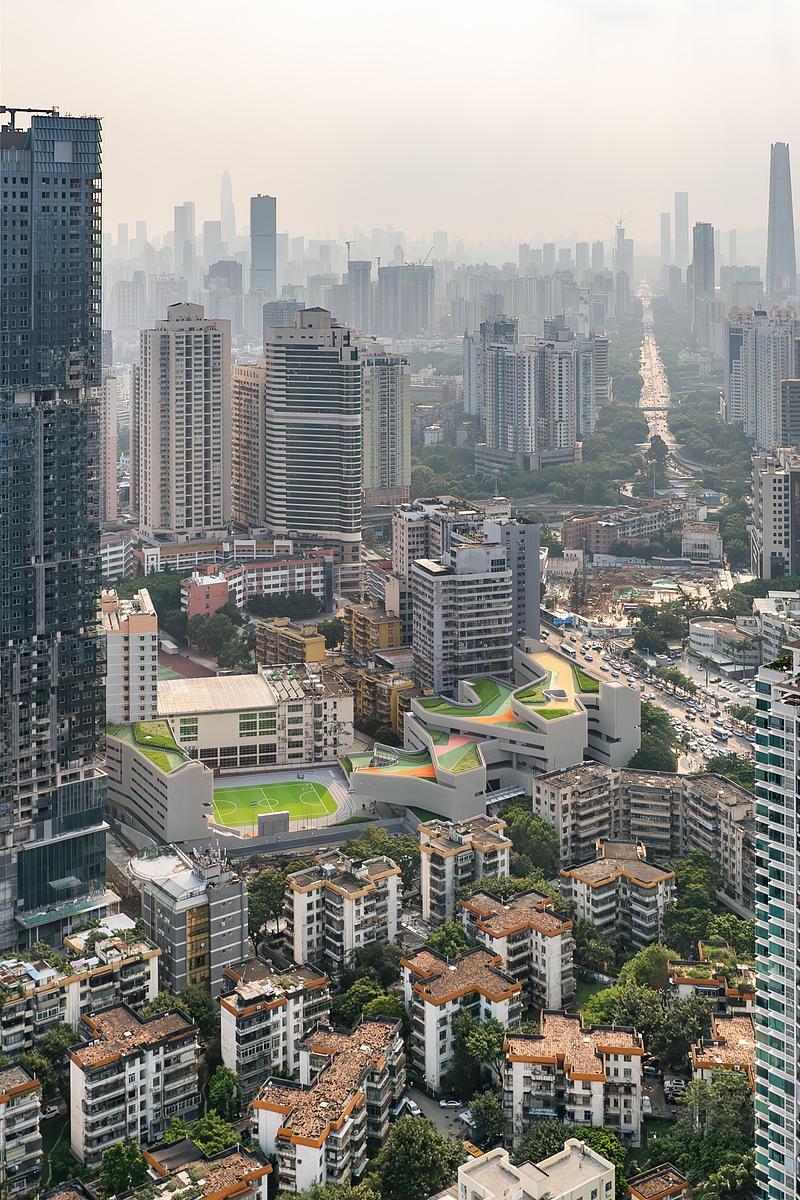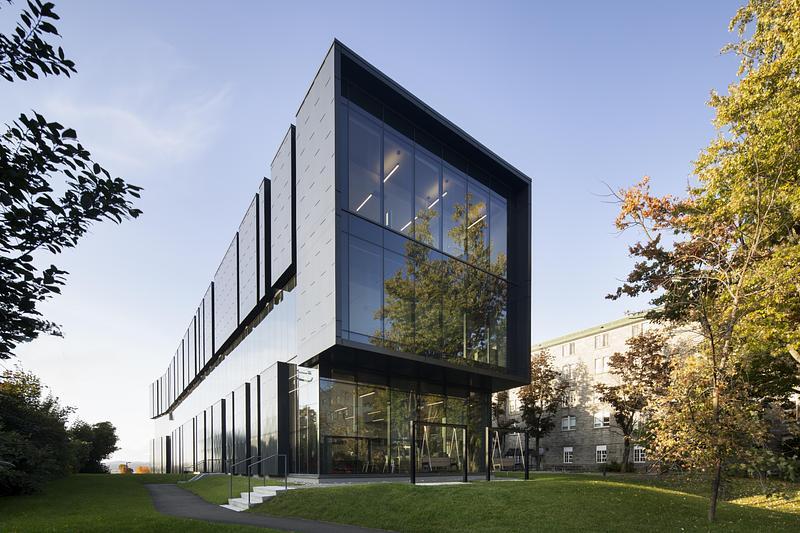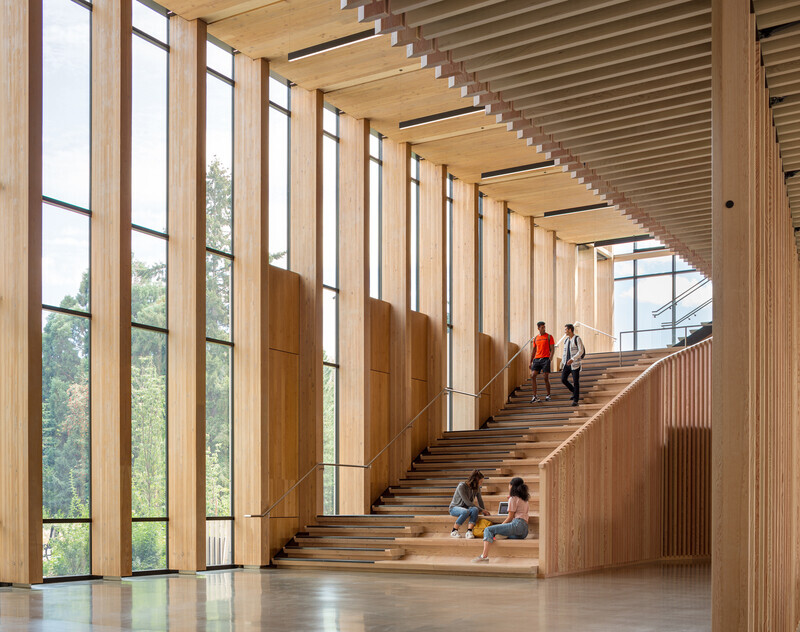
Dossier de presse | no. 2207-03
Communiqué seulement en anglais
Oregon Forest Science Complex
MGA | MICHAEL GREEN ARCHITECTURE
In 2020, Michael Green Architecture completed two new mass timber buildings for the internationally recognized College of Forestry at Oregon State University. Located on campus within the Oregon Forest Science Complex (OFSC), the new George W. Peavy Forest Science Center and the A.A. "Red" Emmerson Advanced Wood Products Laboratory (AWP) upholds the College’s vision to create a dynamic learning, collaboration, and research environment for managing and sustaining working forest ecosystems in the 21st Century.
The project design approach was created in collaboration with multiple College departments and user groups across various functions, including resource management, ecosystems and society, and science and engineering. Engagement with these unique and diverse groups meant that the buildings themselves were designed to be teachers and a living laboratory – something to interact with and to learn from.
George W. Peavy Forest Science Center
The new George W. Peavy Forest Science Center (83,000 sq. ft.) is connected to the complex natural layers, systems, and networks of a forest, from soil to sky. The building is designed as two intersecting bars, connected to the existing Richardson Hall. A simple academic bar features 20 classrooms, computer rooms, and laboratories. Classroom and lab spaces range from small to large and interior to exterior, facilitating a range of teaching styles in an inspiring environment for students to study all aspects of the forest landscape. Timber stairwells filled with natural light flank both ends of the academic corridor to connect the landscape and enhance intuitive wayfinding.
At the heart of Peavy is the Roseburg Forest Products Atrium. Shaped by towering two-storey Douglas fir columns, this expansive space captures the feeling of being in the forest. The atrium is directly connected to the Peavy Arboretum, a curated collection of local plant species that acts as a living classroom for forestry students, community, and industry. The edge between the building and the adjacent arboretum is blurred to remind students and faculty of their unique and critical role as environmental stewards.
Peavy includes several informal learning spaces, including the third-floor area located outside of The Wollenberg Foundation Dean’s Suite. This space provides opportunities for students, faculty, and staff to collaborate, study, and teach in a relaxed setting among the treetops.
The wood structure design is innovative in its response to the high seismic requirements of the site. A CLT rocking wall system, the first of its kind in North America, was developed with shear walls composed of separate sections connected vertically by a post-tension system. This allows the walls to move and self-center during an event, and for components to be selectively replaced on an as-needed basis after the event occurs. As part of the building as a teacher concept, the wood structure is monitored by over 200 sensors that have been installed throughout the structure to gather data on vertical and horizontal structural movement as well as moisture. This data will be used for research into the performance of mass timber structures for the life of the building and will inform the future of good practice in building with mass timber.
Advanced Wood Products Laboratory (AWP)
The A.A. "Red" Emmerson Advanced Wood Products Laboratory (18,000 sq. ft.) is home to the TallWood Design Institute, which brings together industry and academia to advance knowledge about the use of wood products in buildings through applied research, product development, testing, and professional education. The building provides dedicated research spaces for developing and testing innovative wood products and technologies while producing data that can be applied in research and industry.
The AWP program required an expansive space to allow for the flexibility to test and adapt to technologies as they emerged. The building structure is a simple and elegant glulam and MPP system that works together to achieve the long span required. The lab space is broken into two bays:
- the structural testing bay includes a reaction wall and strong floor to support the heavy structural work and testing of structures up to three-storeys high
- the manufacturing bay is equipped with advanced robotics and fabrication equipment.
These new buildings extend beyond forestry to include the entire ecosystem, the industries that engage it, and more importantly, the wide variety of people who will be environmental stewards of our future: the students.
About MGA | MICHAEL GREEN ARCHITECTURE
MGA | MICHAEL GREEN ARCHITECTURE is one of the most internationally recognized architecture firms in Canada. Beyond the four Governor General’s Medals for Architecture and the two Royal Architectural Institute of Canada Awards for Architectural Innovation, we are recognized for our innovation in sustainable architecture and developing carbon-neutral buildings with advanced wood construction. MGA was founded in 2012 by Michael Green, who is known for his research, leadership, and expertise in the tall wood movement and building with timber products. In fact, he literally wrote the book on the subject, authoring ‘The Case for Tall Wood Buildings’ and popularizing the phrase ‘mass timber.’
Pour plus d’informations
- www.forestry.oregonstate.edu/ofsc/hom...
- mg-architecture.ca/work/osu-forest-sc...
- mg-architecture.ca/
Contact média
- MGA | Michael Green Architecture
- Krystal Yee, Director of Marketing & Communications
- krystal@mg-architecture.ca
- 604.336.4770
Pièces jointes
Termes et conditions
Pour diffusion immédiate
La mention des crédits photo est obligatoire. Merci d’inclure la source v2com lorsque possible et il est toujours apprécié de recevoir les versions PDF de vos articles.
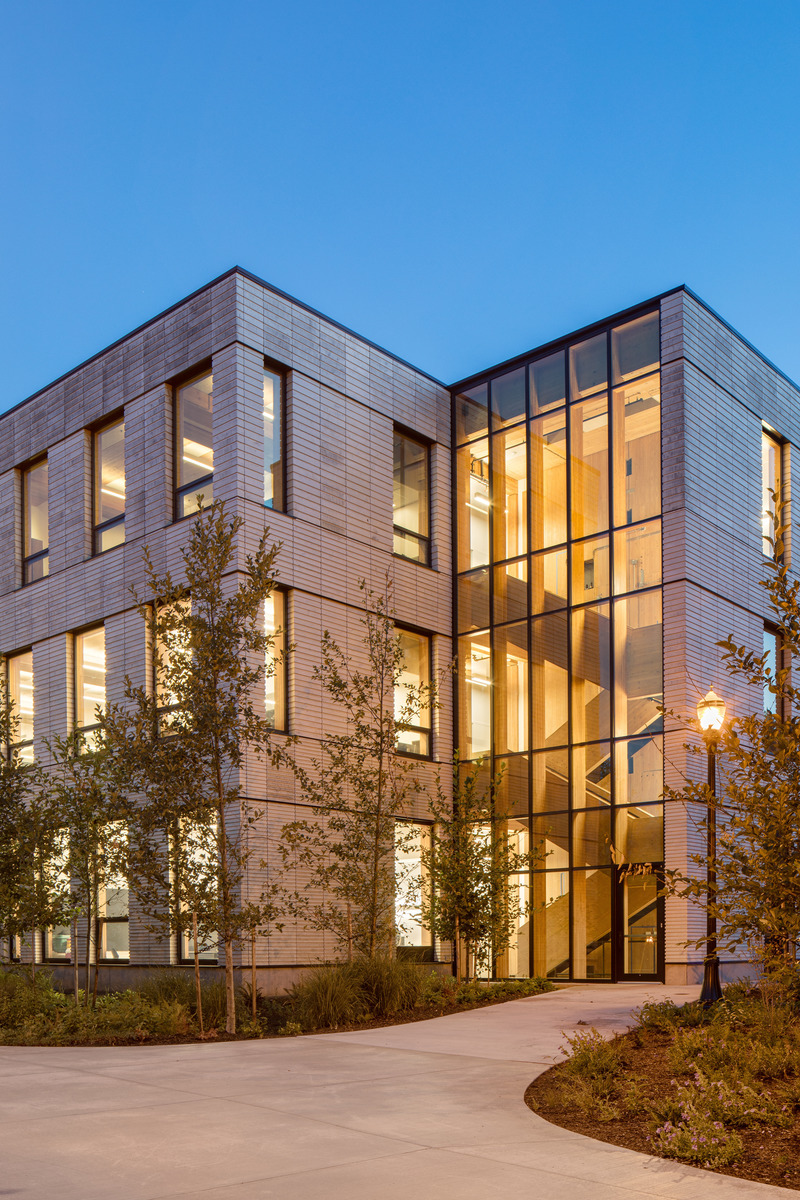
Image très haute résolution : 13.33 x 20.0 @ 300dpi ~ 21 Mo
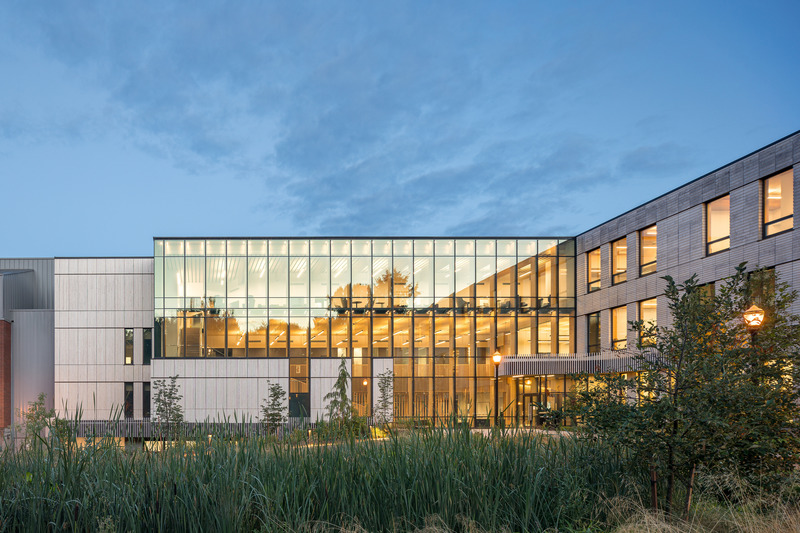
Image très haute résolution : 20.0 x 13.33 @ 300dpi ~ 19 Mo
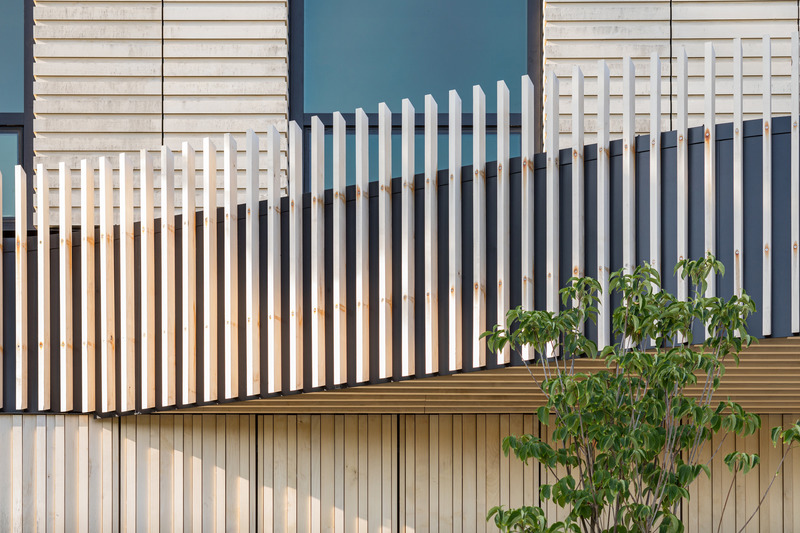
Image très haute résolution : 18.33 x 12.22 @ 300dpi ~ 12 Mo
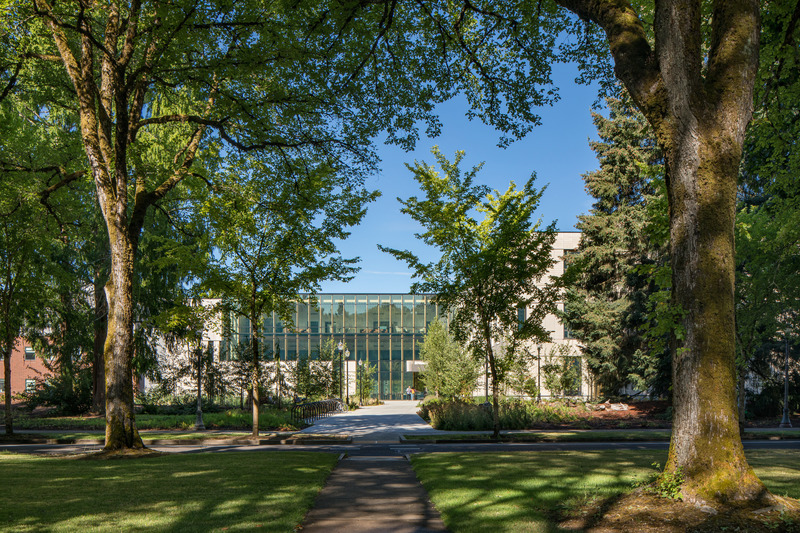
Image très haute résolution : 18.33 x 12.22 @ 300dpi ~ 22 Mo
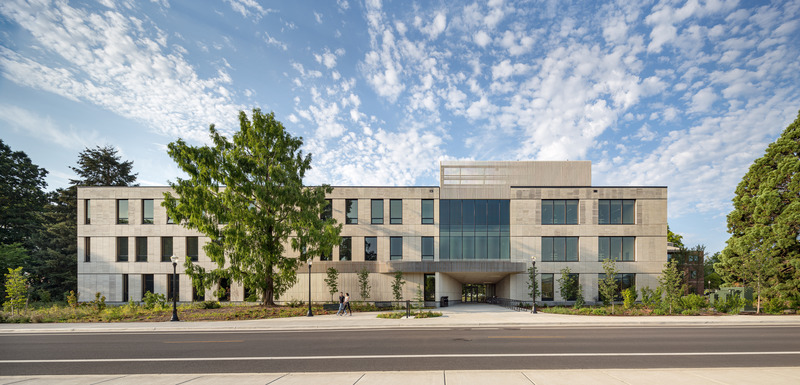
Image très haute résolution : 20.0 x 9.62 @ 300dpi ~ 13 Mo
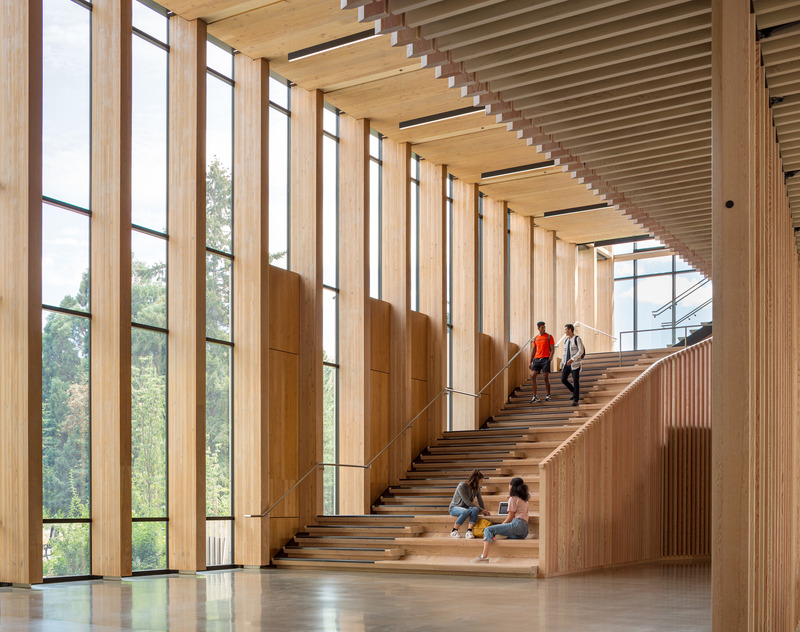
Image haute résolution : 15.67 x 12.38 @ 300dpi ~ 10 Mo
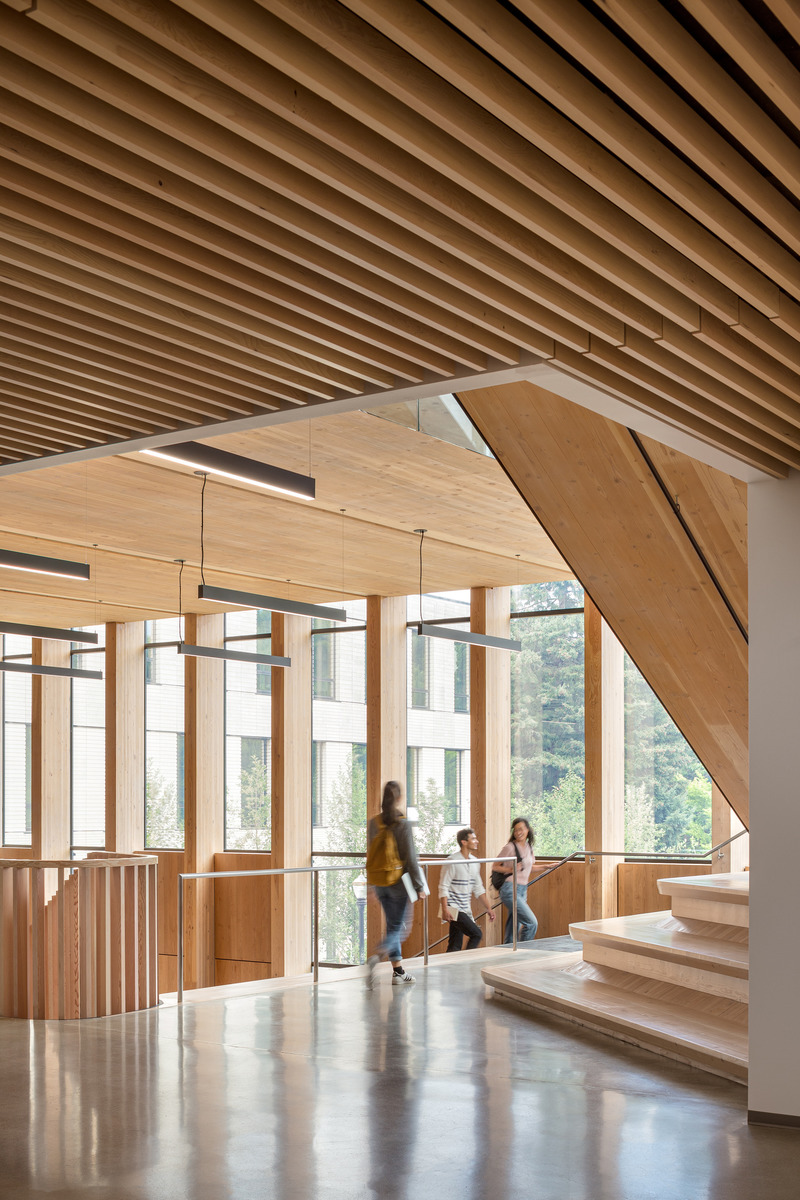
Image haute résolution : 10.0 x 15.0 @ 300dpi ~ 8,5 Mo
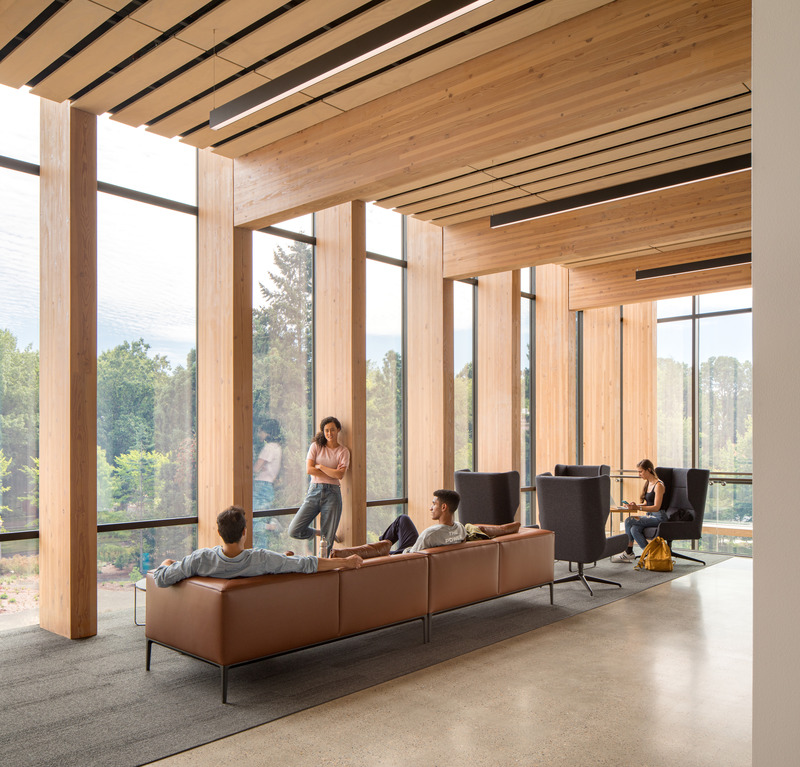
Image très haute résolution : 19.12 x 18.33 @ 300dpi ~ 19 Mo
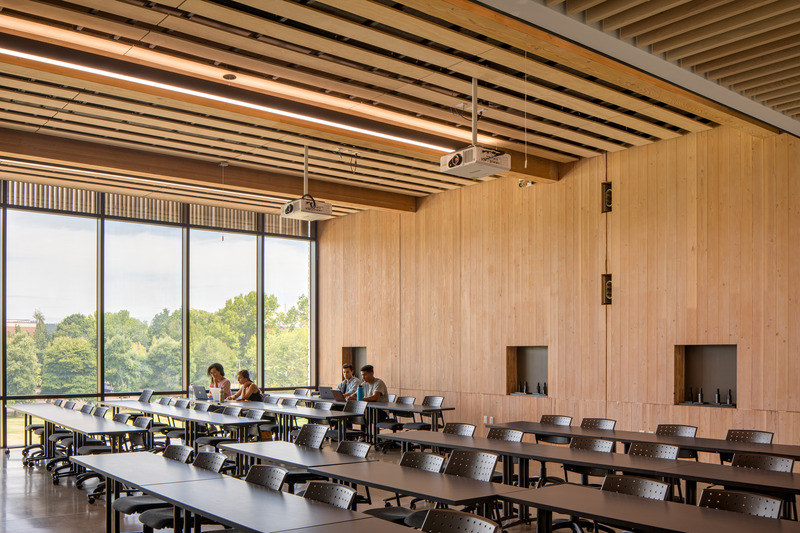
Image très haute résolution : 18.33 x 12.22 @ 300dpi ~ 13 Mo
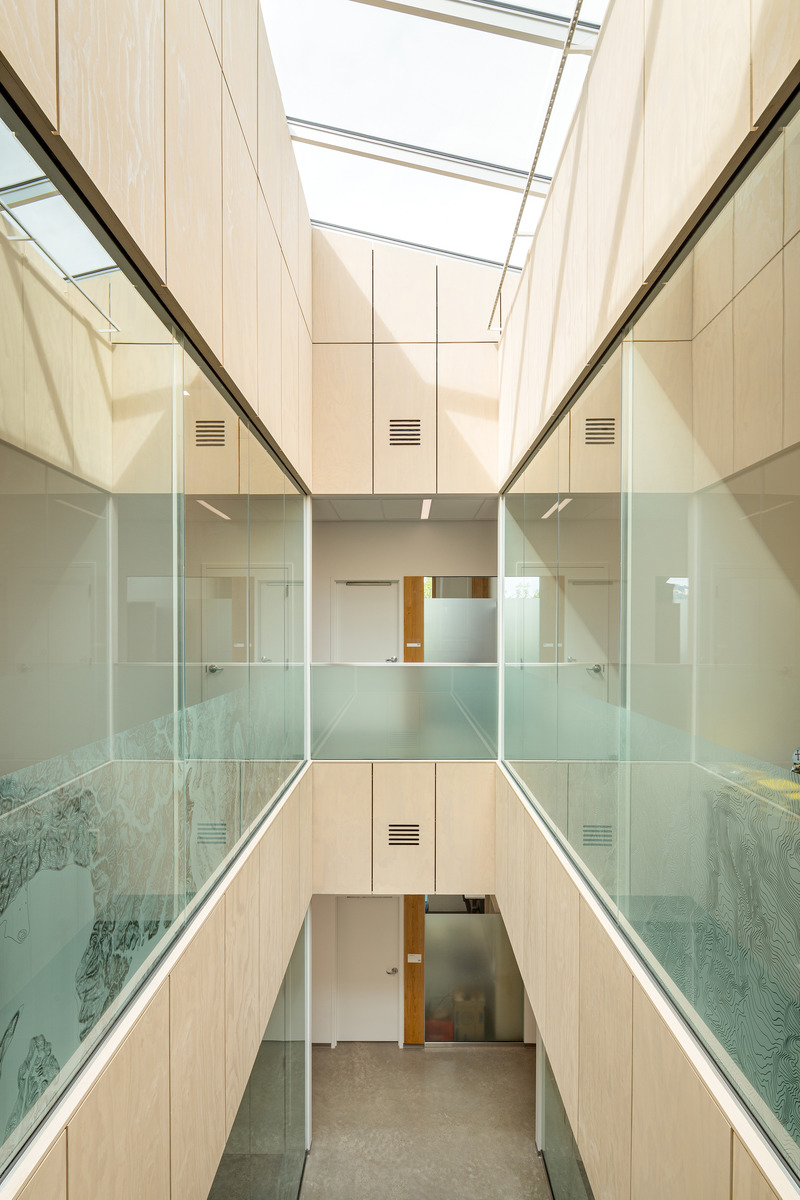
Image haute résolution : 8.89 x 13.33 @ 300dpi ~ 5,7 Mo
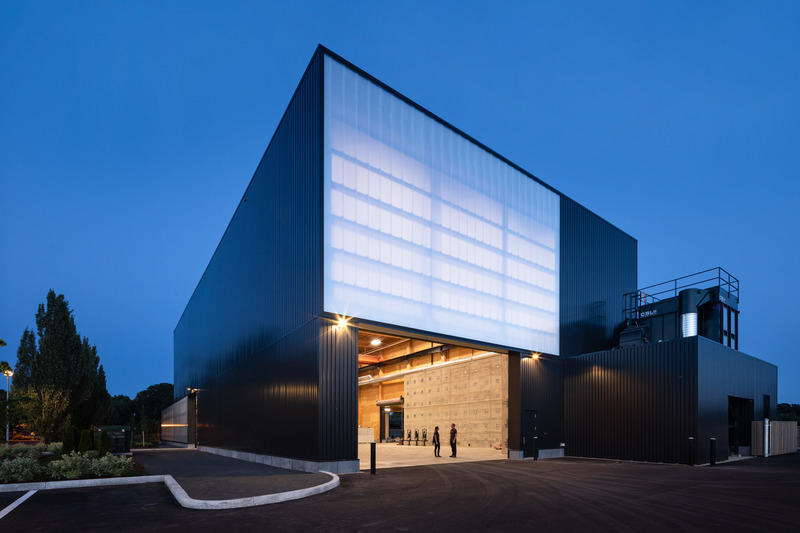
Image très haute résolution : 20.0 x 13.33 @ 300dpi ~ 15 Mo
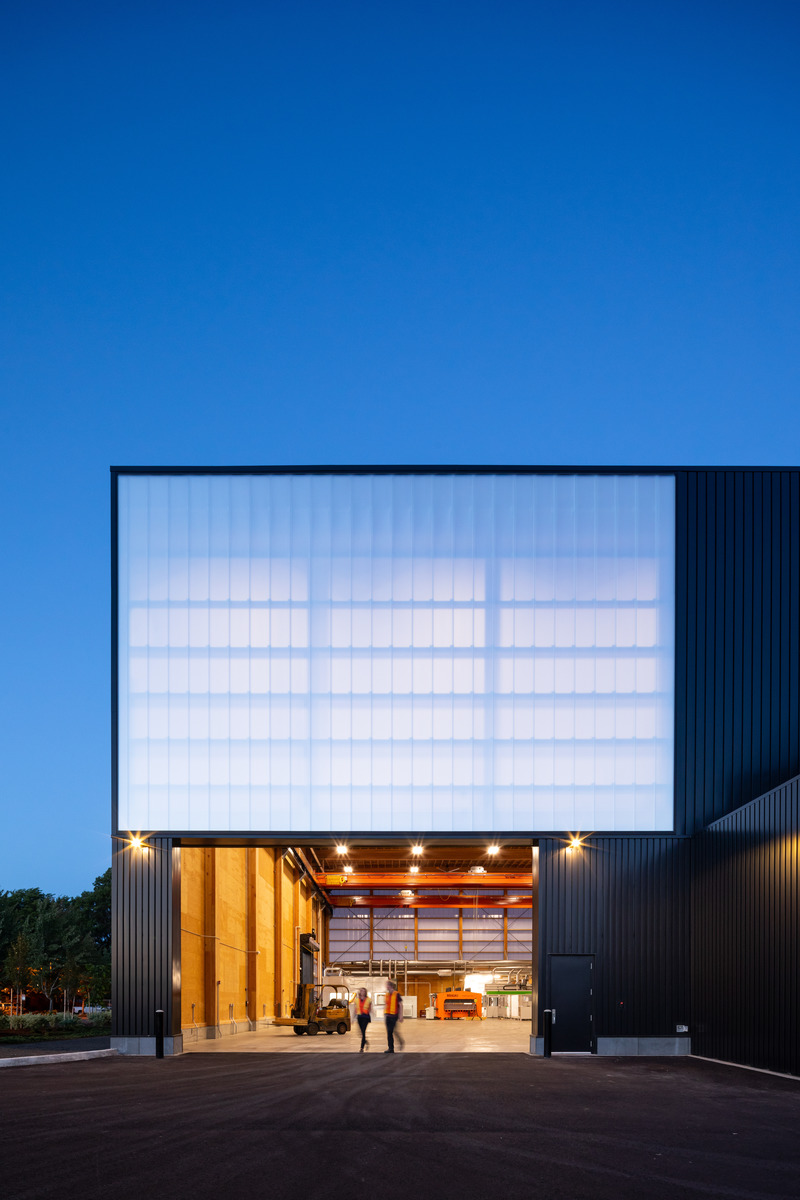
Image très haute résolution : 14.93 x 22.4 @ 300dpi ~ 20 Mo
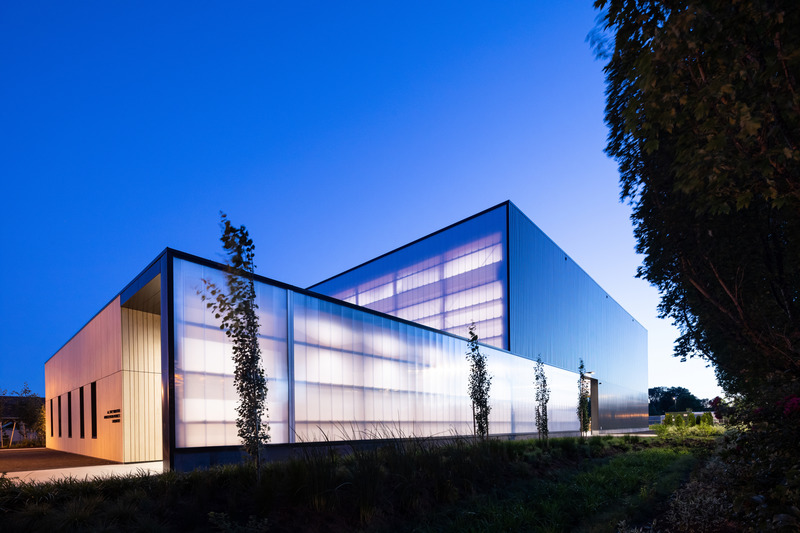
Ema Peter
Image très haute résolution : 20.0 x 13.33 @ 300dpi ~ 19 Mo
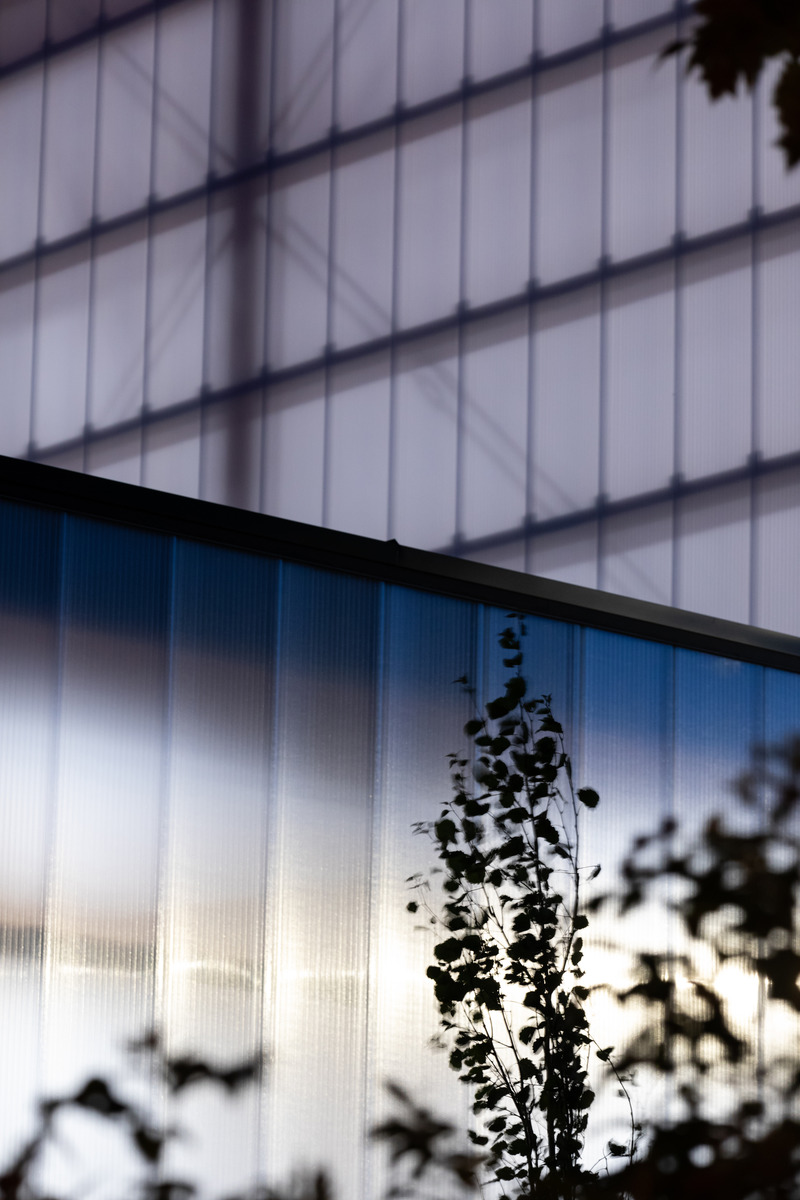
Image très haute résolution : 13.33 x 20.0 @ 300dpi ~ 12 Mo
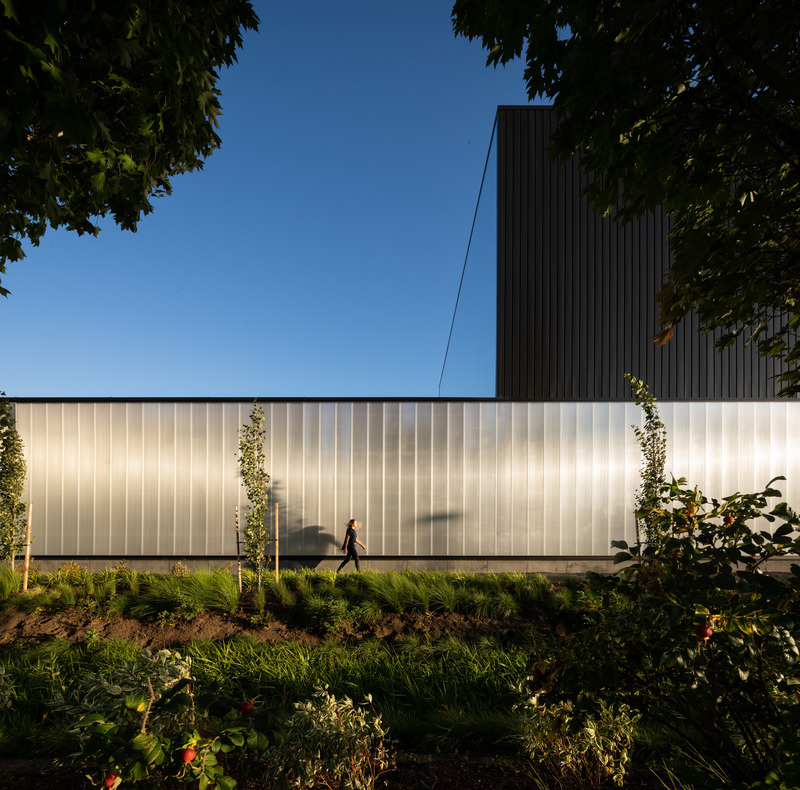
Image très haute résolution : 20.0 x 19.76 @ 300dpi ~ 24 Mo
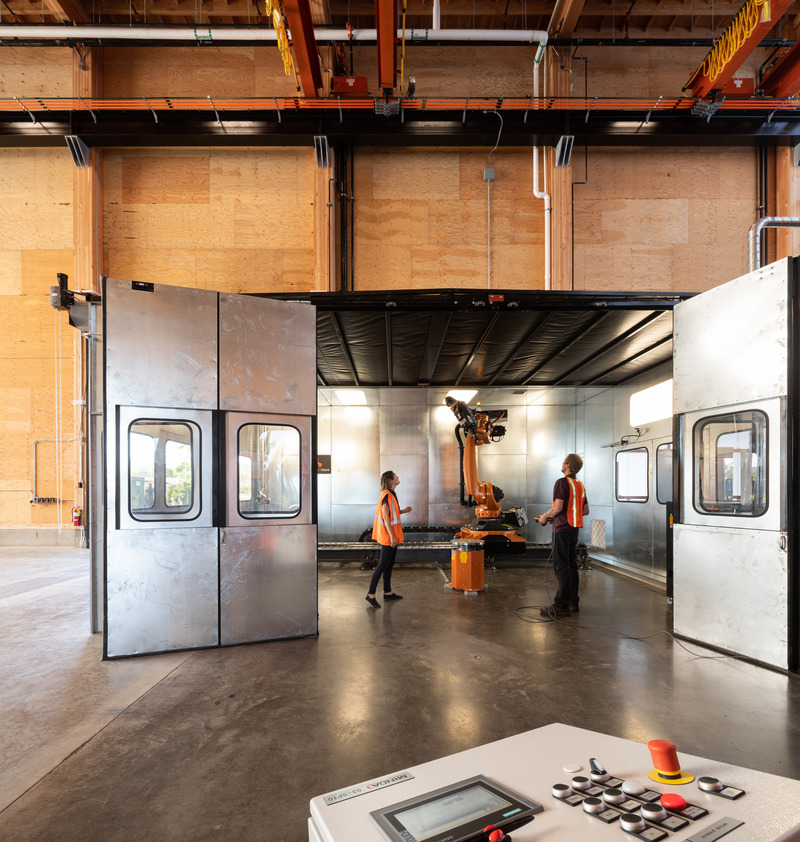
Image très haute résolution : 19.01 x 20.0 @ 300dpi ~ 18 Mo
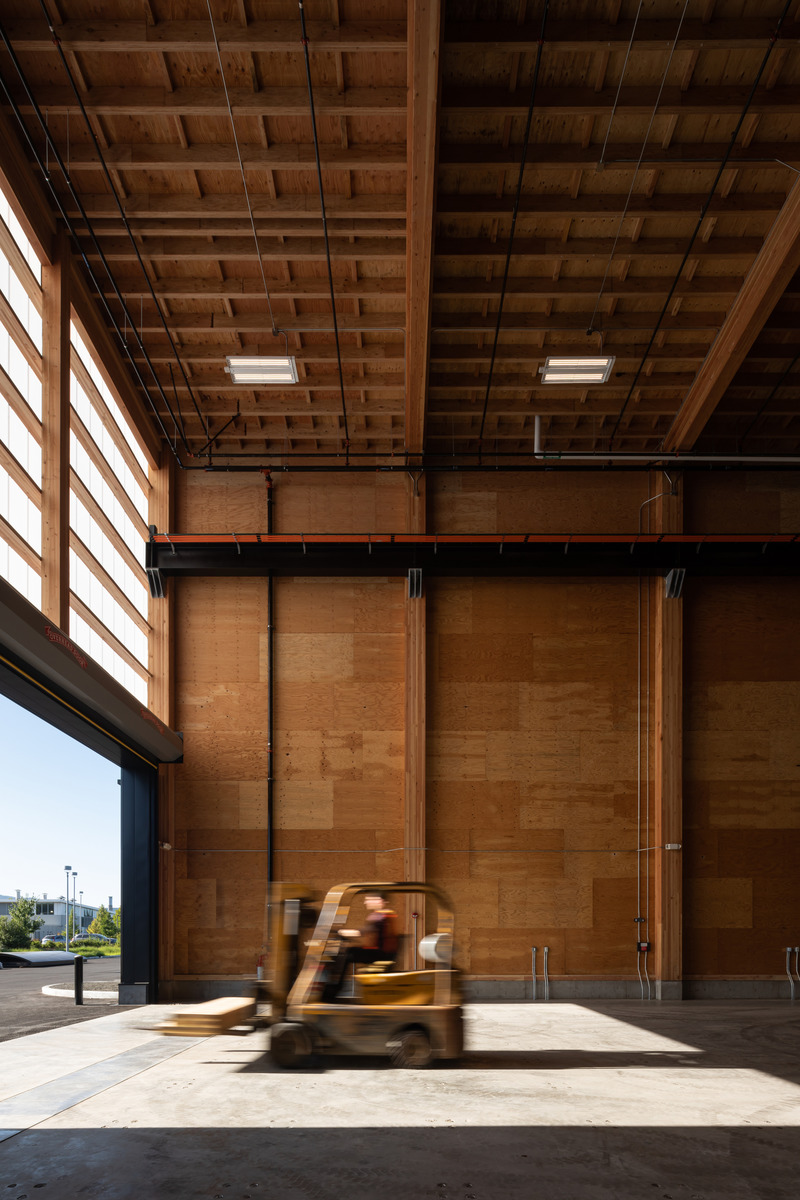
Image très haute résolution : 13.33 x 20.0 @ 300dpi ~ 12 Mo
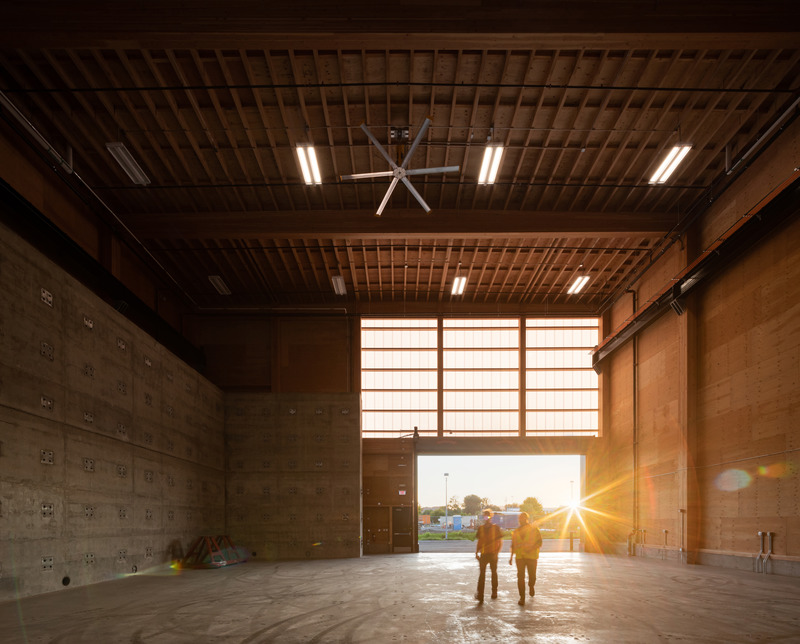
Image très haute résolution : 20.0 x 16.11 @ 300dpi ~ 16 Mo
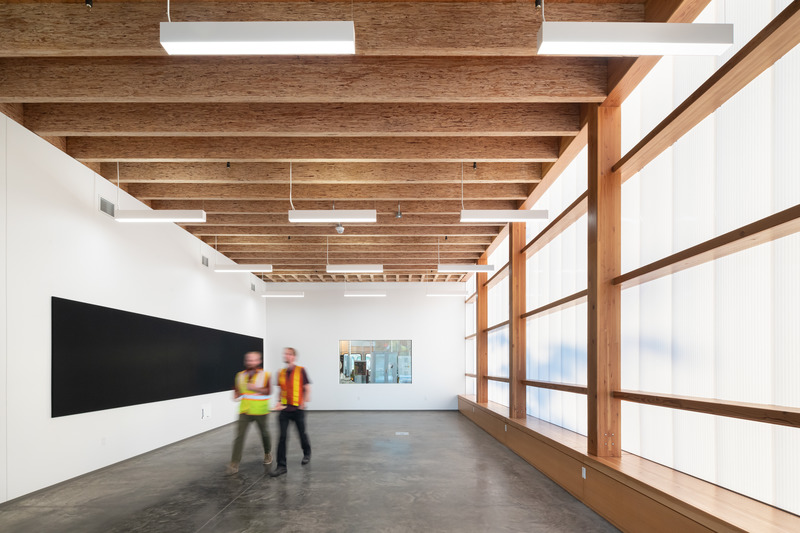
Image très haute résolution : 22.4 x 14.93 @ 300dpi ~ 16 Mo
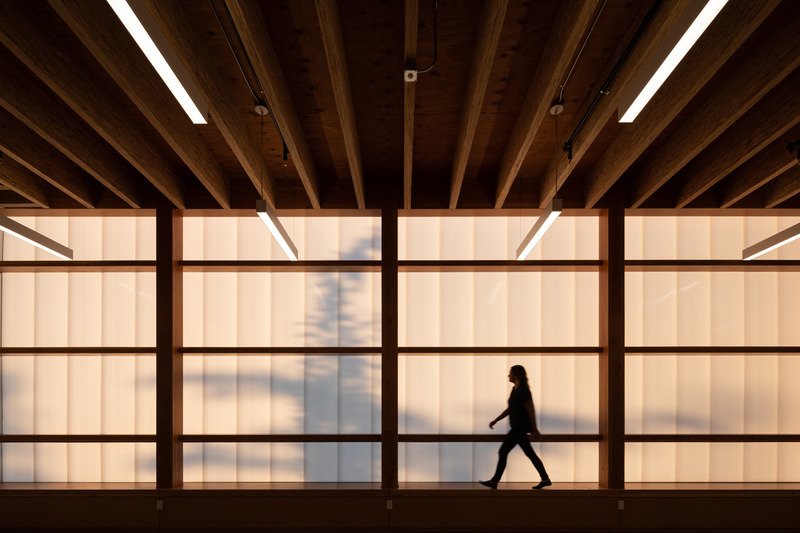
Image très haute résolution : 20.0 x 13.33 @ 300dpi ~ 13 Mo


